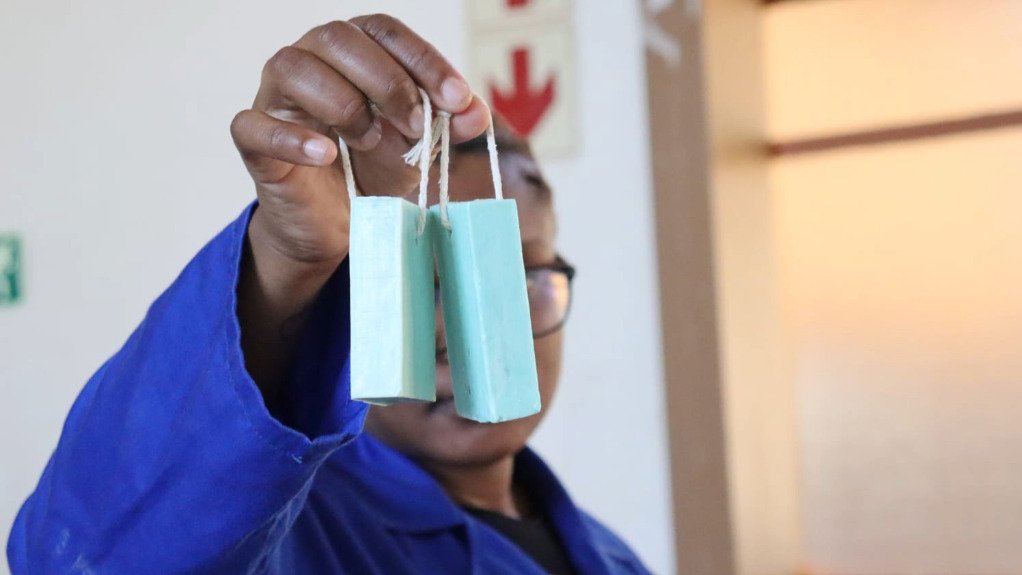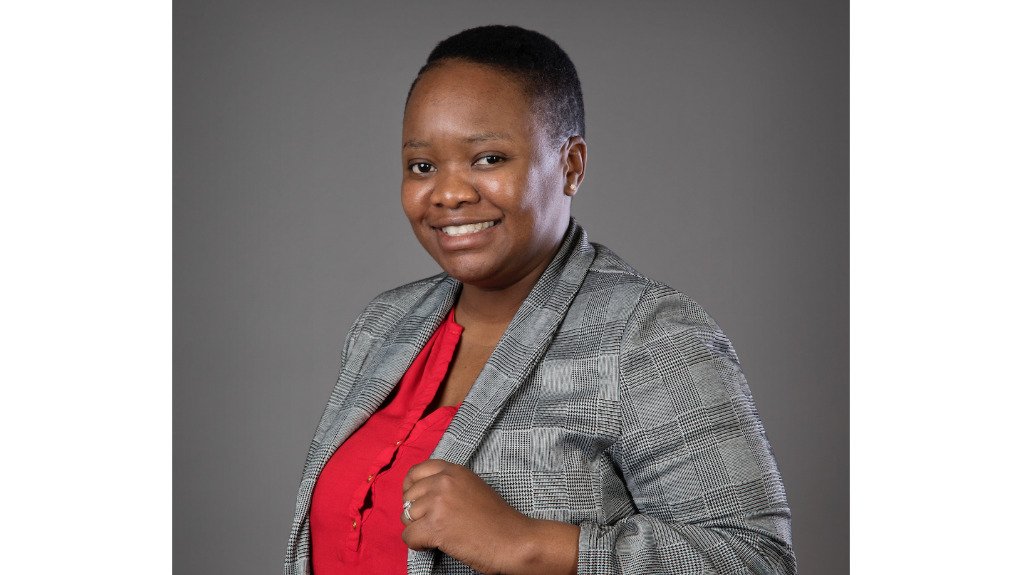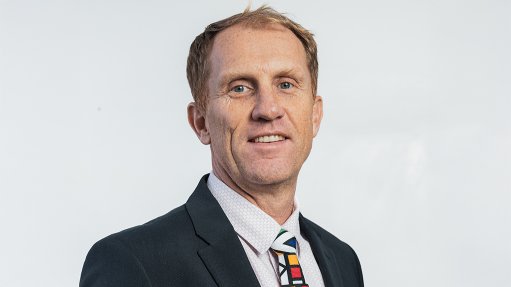Pilot launched to help reduce single-use plastics



CLEANING THE PLANET Triple Shine Foundation offers reusable soap and detergent dispensers and affordable cleaning options to rural communities to single out single use plastics
SHARON RAPETSWA The founder and CEO of the Triple Shine Foundation believes that by growing the circular economy, environmental issues can be tackled more efficiently
A six-month pilot project to test whether reusable soap and detergent dispensers at informal grocery stores, known as spaza shops, will mitigate single-use plastic detergent containers, is being spearheaded by woman-led, nonprofit organisation Triple Shine Foundation.
The foundation secured over R570 000 in seed funding from UK and African collective group Innovate UK Global Alliance Africa, which has delivered an ‘open innovation challenge’ to tackle plastic waste in collaboration with fast moving consumer goods company Unilever and local authorities.
The project, being undertaken among local communities in Limpopo, uses more affordable manual dispenser units that enable consumers to buy detergents and other goods on a pay-by-weight basis.
“Since customers will use their own containers for refills, this will remove the need for single-use plastics,” says Triple Shine Foundation CEO Sharon Rapetswa.
She notes that, by growing the circular economy, environmental issues can be tackled more efficiently and the country can create more economic opportunities.
However, while South Africa’s policymakers have an opportunity to create an enabling environment for the emerging circular economy, the implementation of circular practices in small and medium-sized enterprises could be costly.
For example, transitioning from single-use plastics to alternative product offerings is often not cost-effective for small businesses.
The foundation, therefore, advocates for regulatory updates that enable small, informal grocery stores to use manual dispenser units for refilling purposes.
Such reforms would create an enabling environment for the circular economy and promote sustainable practices among retailers.
The foundation also plans to partner with over 1 000 rural retailers to collect data that will inform policymaking and business models, demonstrating the practicality and sustainability of integrating circular practices.
“South Africa is becoming increasingly aware of its growing plastic waste crisis, with landfills nearing capacity and plastic pollution affecting ecosystems,” says Rapetswa.
However, to fast-track public education and awareness, she suggests that various departmental entities should consider integrating 'responsible consumption' into school curriculums, ensuring that individuals understand the unsustainability of current habits and the availability of alternatives.
“This approach should cultivate a culture of sustainability from an early age,” Rapetswa adds.
Why Single Out Single-Use
South Africa is facing a growing plastic waste crisis, which necessitates a new approach.
According to a statement by multi-disciplinary non-profit association Institute of Waste Management of Southern Africa president Leon Grobbelaar, the City of Johannesburg’s four remaining landfill sites are expected to be completely full within the next three years, and other municipalities, including Tshwane, are in a similar position, Rapetswa adds.
“By simply removing the need for single-use packaging, costs for groceries and household essentials can also be reduced, particularly benefiting low-income communities.”
There are “ample opportunities” for innovation in waste management, and profits can be coupled with positive social and environmental impact.
“The status quo is unsustainable – we must scale back our use of single-use plastics,” she notes.
She acknowledges the obstacles to transitioning to a more circular economy, however stresses that everyone, including entrepreneurs, regulators and the private sector, must encourage and contribute to the development and implementation of long-term, sustainable solutions.
“Multistakeholder accountability is the only way forward, given the sheer scale of the waste problem in South Africa.”
However, this will not be easy an easy task, as plastic is “cheap and convenient”, few packaging alternatives can compete and deeply entrenched consumer habits are difficult to change.
Rapetswa adds that an additional challenge is that women in the waste sector often face obstacles, such as limited access to financing, balancing family responsibilities with business demands and overcoming societal biases.
Fortunately, through initiatives such as Triple Shine that empower women, these challenges can be addressed through entrepreneurial opportunities and support.
“There is a long and challenging road ahead on the path towards sustainability and circularity, but we need to begin the journey now,” she concludes.
Article Enquiry
Email Article
Save Article
Feedback
To advertise email advertising@creamermedia.co.za or click here
Announcements
What's On
Subscribe to improve your user experience...
Option 1 (equivalent of R125 a month):
Receive a weekly copy of Creamer Media's Engineering News & Mining Weekly magazine
(print copy for those in South Africa and e-magazine for those outside of South Africa)
Receive daily email newsletters
Access to full search results
Access archive of magazine back copies
Access to Projects in Progress
Access to ONE Research Report of your choice in PDF format
Option 2 (equivalent of R375 a month):
All benefits from Option 1
PLUS
Access to Creamer Media's Research Channel Africa for ALL Research Reports, in PDF format, on various industrial and mining sectors
including Electricity; Water; Energy Transition; Hydrogen; Roads, Rail and Ports; Coal; Gold; Platinum; Battery Metals; etc.
Already a subscriber?
Forgotten your password?
Receive weekly copy of Creamer Media's Engineering News & Mining Weekly magazine (print copy for those in South Africa and e-magazine for those outside of South Africa)
➕
Recieve daily email newsletters
➕
Access to full search results
➕
Access archive of magazine back copies
➕
Access to Projects in Progress
➕
Access to ONE Research Report of your choice in PDF format
RESEARCH CHANNEL AFRICA
R4500 (equivalent of R375 a month)
SUBSCRIBEAll benefits from Option 1
➕
Access to Creamer Media's Research Channel Africa for ALL Research Reports on various industrial and mining sectors, in PDF format, including on:
Electricity
➕
Water
➕
Energy Transition
➕
Hydrogen
➕
Roads, Rail and Ports
➕
Coal
➕
Gold
➕
Platinum
➕
Battery Metals
➕
etc.
Receive all benefits from Option 1 or Option 2 delivered to numerous people at your company
➕
Multiple User names and Passwords for simultaneous log-ins
➕
Intranet integration access to all in your organisation




















